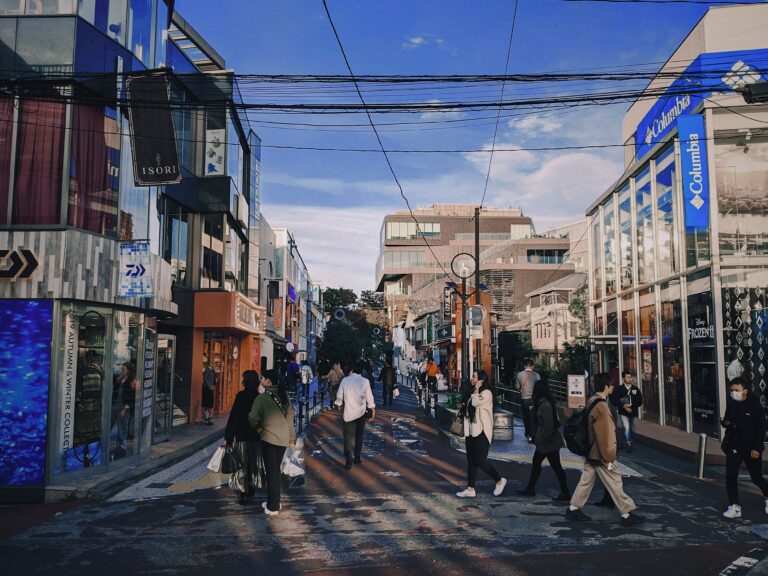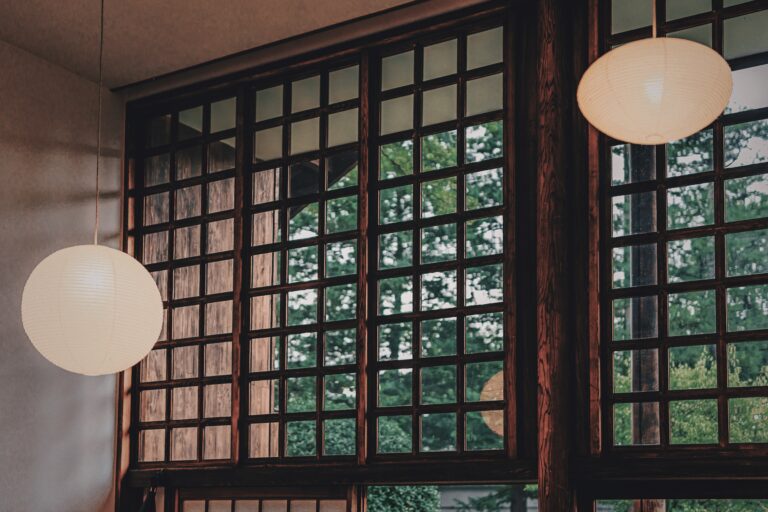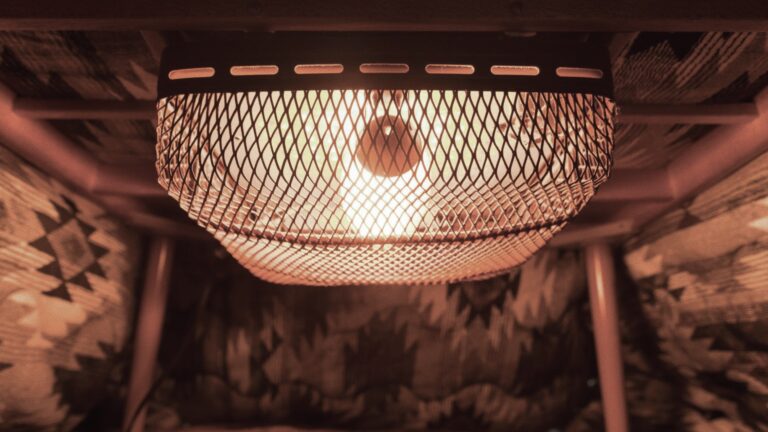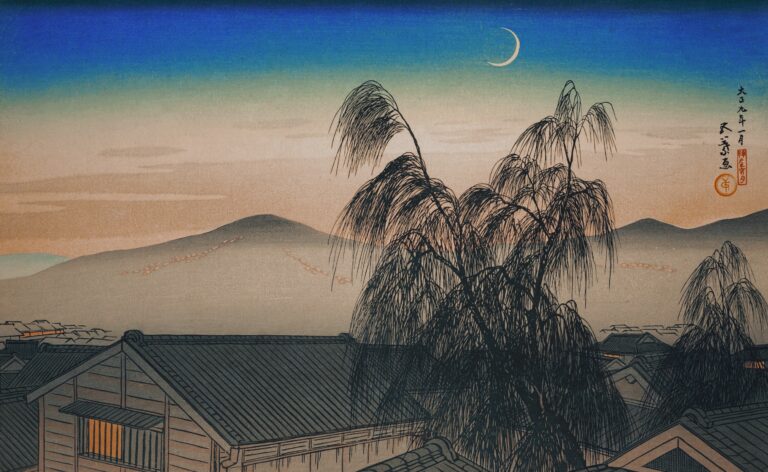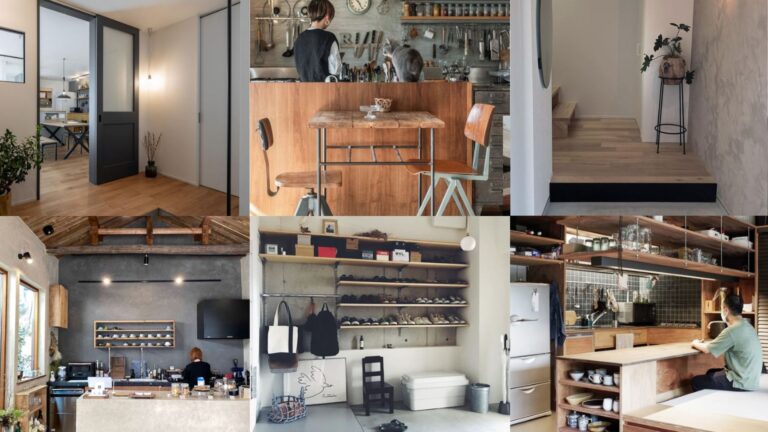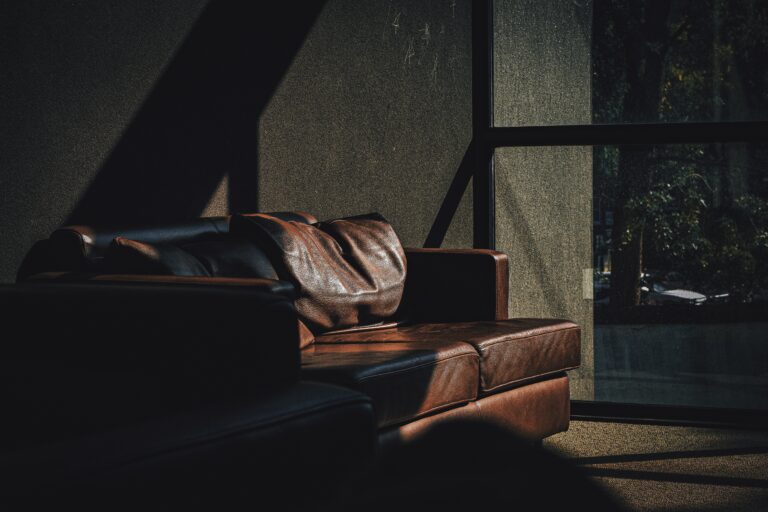What is Standard Products? A Quick Introduction
Standard Products is a noteworthy new home and lifestyle store line, introduced by parent company, Daiso Sangyo. Daiso is the largest 100 yen shop in Japan, with 2023 sales of nearly 600 billion yen. Standard Products has already gained popularity and notoriety for it’s affordable, well-designed home products.
The Standard Products line-up includes home goods, lighting, kitchen, bath, organization, cleaning supplies, stationary, home decor, Japan-made wares, garden, and camping goods.

Standard Products Locations
The first Standard Products store opened in 2021, and new stores are opening regularly. There are now nearly one hundred store locations across Japan, including three stores in Singapore and Taiwan.
A Little Bit Better Is Indeed a Whole Lot Better
The Standard Products brand concept is:
「ちょっといいのが、ずっといい」。
which generally translates to “a bit better… much better.”
Daiso has maintained enthusiasm from its customer base for its wide range of functional products at low prices. But where Daiso and other low-cost retailers such as Seria and 3 Coins have found stable and profitable business, there wasn’t much offered for fashionable home goods between 100-yen shops and higher-priced retailers such as Muji and Unico. While the home goods store, Nitori, offers reasonably priced home products, Standard Products seems to be perfecting a balance between affordability, local sourcing, eco-friendly products, and minimalist product aesthetics.
Standard Products has entered the market, carrying with it the expertise in production efficiency of Daddy Daiso, but with a carefully crafted angle.
The impressive design direction was a product of Grand Design [Tokyo], whose portfolio also includes work for Le Creuset, Muji, and Uniqlo. Standard Design has now received multiple Good Design Awards; an award operated by the Japan Institute of Design Promotion that recognizes user experience, ingenuity, and sustainability.
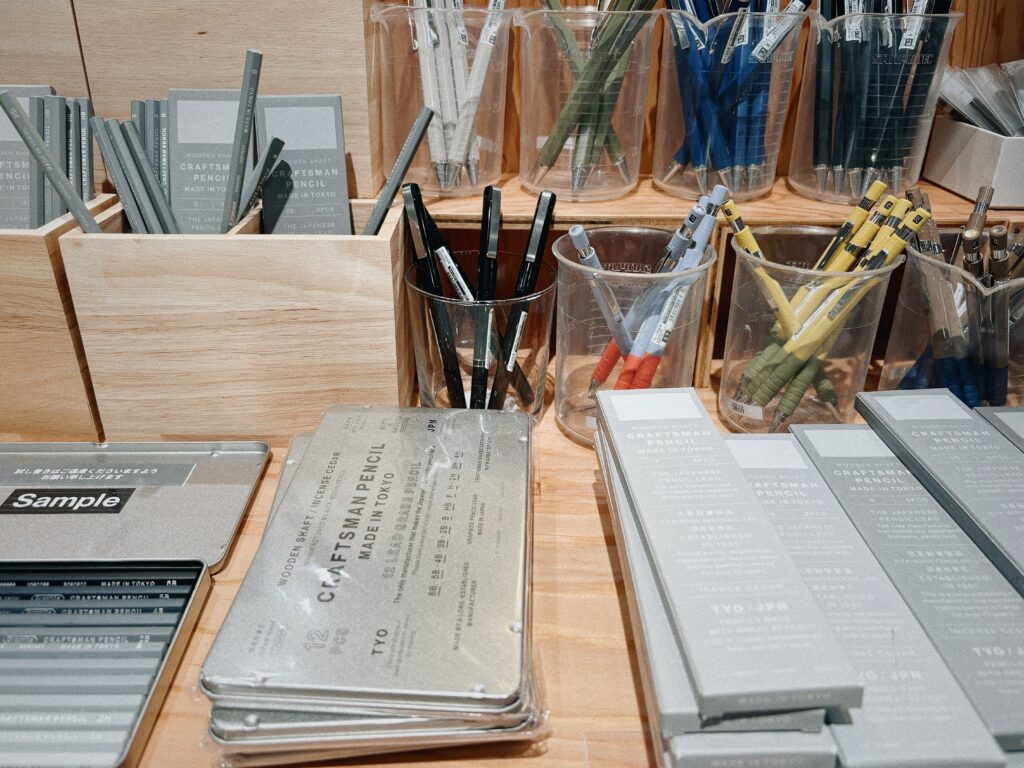
Low Price but With Less Guilt
70% of Standard Products inventory is said to be at the 300 yen mark, making the products enough of a bargain that an impulse shopping spree is still a safe bet.
The joy of a Daiso haul may end at the store. At home, the products lack the planning to live well at home. The goods are designed to be disposable. At home, they become cheap clutter. They live a short life, destined for the incinerator.
Standard Products seeks to upgrade the products just enough to maintain the joy of affordability, but extend the positive experience to the life of the product in the home as well.
Extending the lifespan of product quality is just one aspect of the brand’s sustainability vision. The products also feature creatively sourced wood from forest thinning initiatives, which find their way into phone cases, wood smoker chips, and essential oils.
Muji’s Direct New Competition
From retail environment design to product design, the resemblance to the Muji brand aesthetic cannot be denied. Visitors online and offline quickly note the similarities. YouTube creator Kana’s Life, says,”無印良品の様な雰囲気でシンプルでおしゃれな店内.”
A simple and stylish store with an atmosphere like Muji.
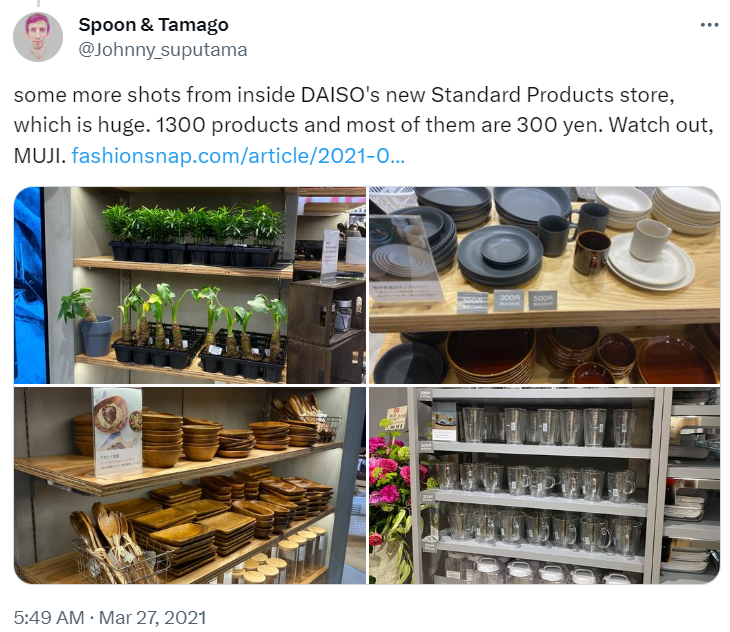
Many of the qualities consumers love from Muji can be found in Standard Products – neutral colors, clean design, and simple materials such as wood, glass, and stainless steel. Consumers will still be shopping at Muji for items like furniture, clothing, and food. Standard Products has not yet launched an online store.
Can Traditional Japanese Craftsmanship Be Affordable to the Masses?
Standard Products offers cutlery such as forks and spoons, made by craftspeople in Tsubame City, Niigata Prefecture (famous for its metal processing industry). There are knives from Gifu, gloves from Wakayama, crayons from Kanagawa, and organic cotton towels from Imabari, Ehime Prefecture.
Imabari, Ehime is famous for its towel certification. The pure waters and innovative weave energized a sleepy town, transforming it into a manufacturing center for internationally renowned luxury towels.
While a single Imabari face towel at Matuyama’s Iori towel store will run ~2,000 yen and up, a Standard Products Imabari towel starts at 300 yen or 700 yen for a bath towel – a fraction of the price.
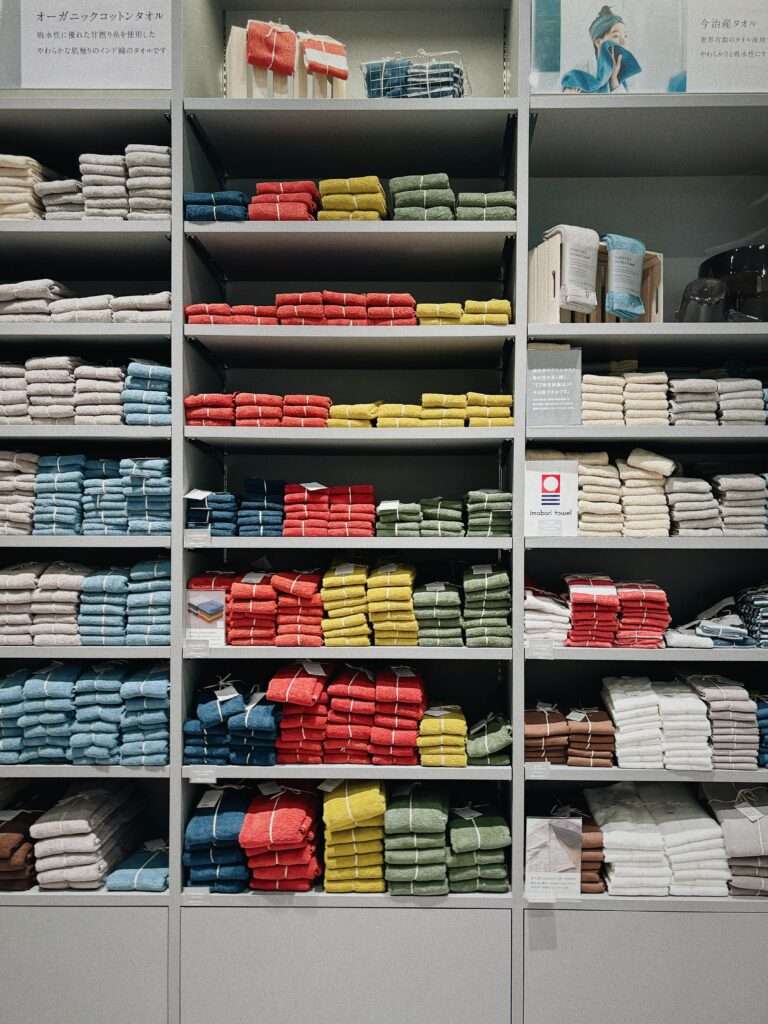
Parent company, Daiso, has a capital and expertise advantage when it comes to affordable product production. But the Standard Product Imabari towel is notedly thinner. For a label that has flourished for a reputation of quality and luxury, production with a discount retailer is a surprise. Time will tell how the SP towel holds up, and if the Imabari label will maintain its brand identity as a signifier of noteworthy quality. But for under 1,000 yen, it’s a bet many are happy to take.
A Compelling, Affordable Contender
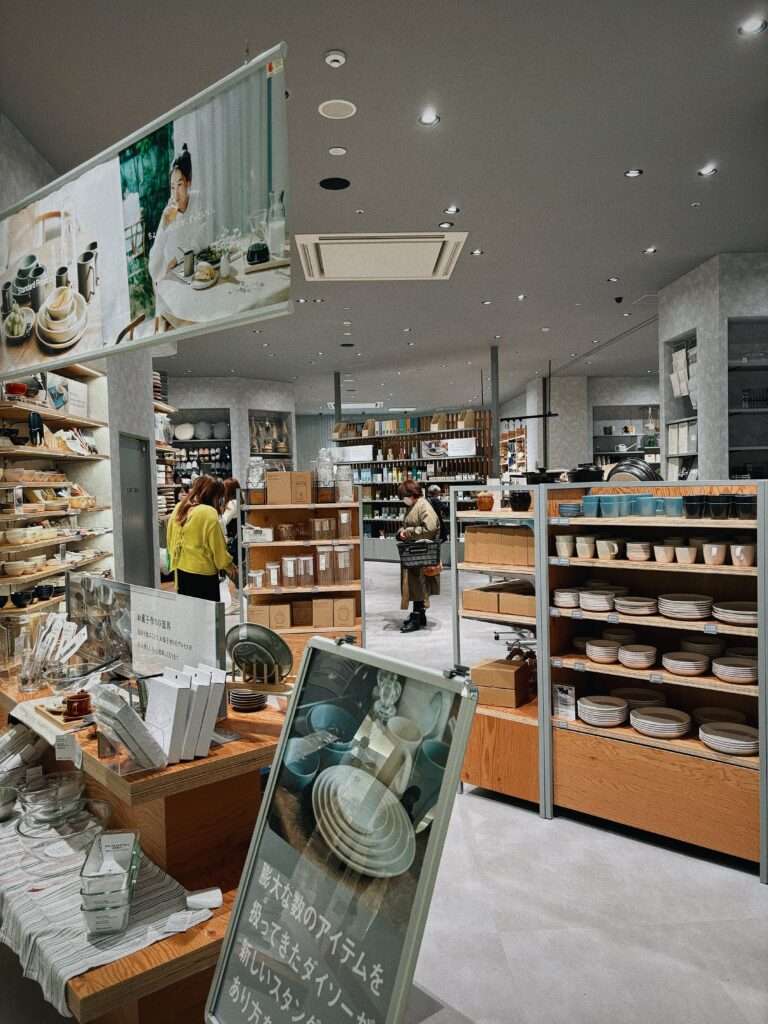
Standard Products by Daiso has emerged as a formidable contender in the home and lifestyle retail sector, poised to challenge the success of established brands like Muji. Standard Products has successfully filled a gap in the market, offering affordable, well-designed home products that strike a balance between functionality, affordability, local sourcing, eco-friendliness, and minimalist aesthetics. Standard Products presents a compelling alternative to Muji, especially in terms of affordability.
As Standard Products continues to grow and evolve, it remains to be seen how it will fare in the long run and whether it can sustain its commitment to quality while offering lower price points. Only time will reveal the lasting impact of Standard Products in reshaping the landscape of affordable yet well-crafted home and lifestyle goods.
Stay In the Loop
This article was written by me, Bitsii! I’m an interior designer living in Shikoku, Japan. Stay up-to-date with more design news like this by subscribing to our newsletter!
